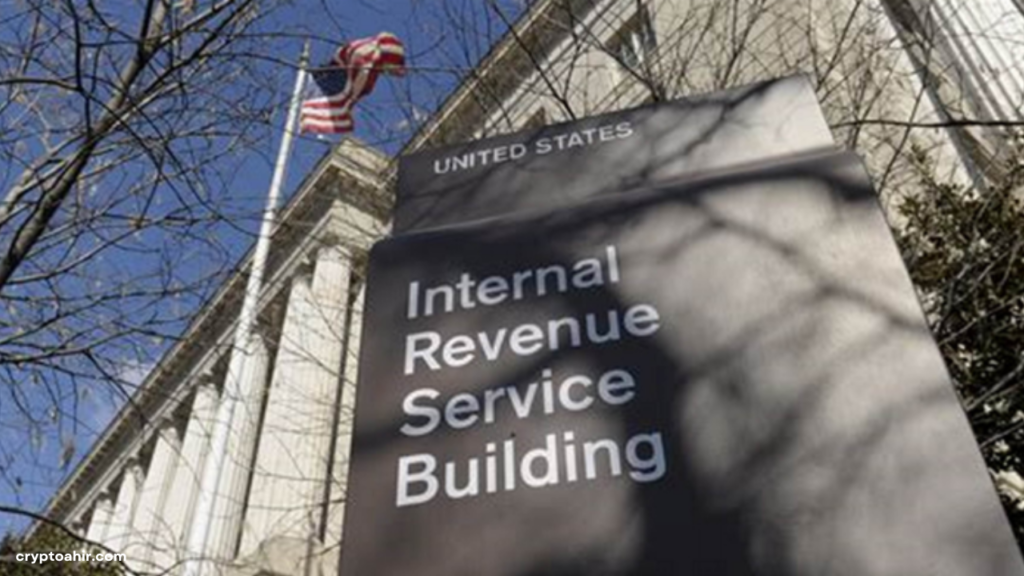After the IRS agreed to reimburse a portion of the tax paid, Josh and Jessica Jarrett’s prior case was dropped in 2022.
Stakers in the Tezos network Josh and Jessica Jarrett have sued the US Internal Revenue Service once more for how their tokens are treated in terms of taxes.
The Jarretts contend that their staking-created tokens should only be regarded as property and subject to taxes at the time of sale, not earlier, in their new October 10 complaint submitted to a federal court in Tennessee.
They contended that since no one else has ever possessed tokens, staking them entails creating a “new property,” analogous to “a farmer’s crop, an author’s manuscript, or a manufacturer’s product,” where no revenue is generated until sale.

“The earnings from the sale of that new property are what constitute taxable income, not the new property itself. The IRS acknowledges that new property is not taxable income in any other situations, according to the Jarretts.
The IRS lists block rewards, such as staking, as “income” as soon as they are created, with tax due on the tokens’ projected market value at that time, according the advice for 2023.
The Jarrets are seeking a permanent injunction against the IRS’s treatment of tokens they produced as income, a judgment stating that prior federal income taxes were wrongfully imposed, and a refund of $12,179 in taxes paid on 13,000 Tezos tokens received during the 2020 tax year.
The two are being assisted in their lawsuit by Coin Center, a think tank based in Washington, DC.
Coin center’s opinion-
According to Coin Center’s statement from October 9, tax laws and the interpretations of government authorities regarding those laws have “tremendous power to discourage Americans’ use of cryptocurrency and permissionless technologies,” which is why the organization supports the assertion.
It further stated, “We have advocated for legislative changes like the Virtual Currency Tax Fairness Act, which would create a de minimis exemption for small personal crypto transactions, because some of that is unavoidable unless laws are changed.”
When the Jarrets sued the IRS in 2021 over 8,876 Tezos tokens they had acquired as staking rewards in 2019, their legal battle with the IRS officially began.
They paid the IRS the $9,407 anticipated tax obligation even though they didn’t sell or trade the tokens at the time.
They later sued for a $3,293 refund and a $500 increase in tax credits because their income had decreased.

After granting the Jarretts a $4,000 tax refund for income taxes paid on their Tezos staking incentives, the IRS was able to get the case dismissed in a Tennessee District Court in 2022.
In an attempt to take the matter to court and establish a precedent for all proof-of-stake chains, they declined.
According to the IRS, the case was “moot” because it had granted the Jarretts a complete $4,000 refund and acknowledged they were exempt from paying taxes on the 2019 staking awards.
The Jarretts unsuccessfully attempted to have the initial lawsuit reinstated on appeal prior to this most recent instance.














Leave a Reply